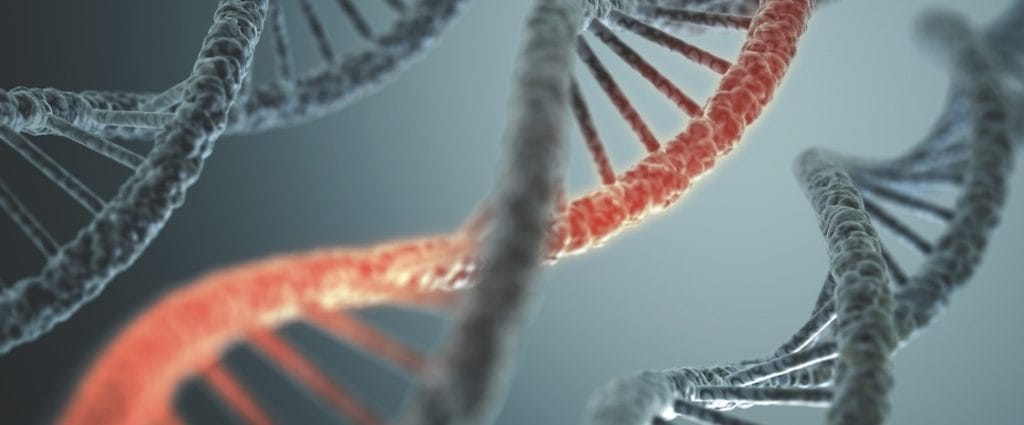The authors of a study published in May 2014 in the journal Translational Psychiatry are optimistic that they have identified a number of gene variations that could be used to predict who is at greatest risk for alcoholism. The researchers, led by a team at the Indiana University School of Medicine, identified a group of 11 genes that seem to have the ability to distinguish people who have problems with alcohol abuse from people who do not. The team speculated that the results could eventually be used to test people at an early age for susceptibility to alcoholism and help save many of them from falling victim to this disease. “We believe this is the strongest result to date in the field of alcoholism and offers a comprehensive — though not exhaustive — window to the genetics and biology of alcoholism,” said lead investigator Alexander B. Niculescu III, M.D., Ph.D. “This powerful panel of just 11 genes successfully identified who has problems with alcohol abuse and who does not in tests in three patient populations on two continents, in two ethnicities and in both genders,” Niculescu said. While admitting that the genes are minimally effective at predicting whether a single individual will have problems with alcohol, the researchers concluded that the genes are very effective at predicting alcohol abuse at a population level.
Criticism of Study’s Claims
The results of this study have been widely reported, and the possibilities of a genetic test for alcoholism have excited many people. However, the interpretation of the study’s results and the claims made by the researchers have not been free from criticism. In an analysis published by the Huffington Post, Cecile Janssens, Ph.D., M.Sc., M.A., professor of epidemiology at Emory University, said that while the results of the study seem legitimate, the interpretation is downright incorrect. She notes that the predictive ability of the gene variations in the study is 0.54, on a scale of 0.5 to 1.0 where 0.5 is exactly 50 percent. Fifty percent may seem like a significant correlation, but in terms of the ability to predict the presence of alcohol abuse, (or any other element in a study of this kind) it is no better than flipping a coin. Since the predictive ability of the 11 genes was only fractionally above this “coin-flipping” baseline, they are not very useful when it comes to identifying those at risk for alcoholism, she said.
Would a Test for Alcoholism Really Be Useful?
The effectiveness of a test for the risk of alcohol abuse is not the only question surrounding such a goal. Some people have also questioned whether early identification of people at higher risk for alcohol abuse would really be useful to those people. A study of University of Rochester undergraduates, led by researchers from the University of Sydney, looked at the emotional response from young people when they were informed that they did or did not have a genetic predisposition to alcoholism, and evaluated their drinking habits following the results of the test (which, in reality, were phony). They found that the students had an overall negative emotional response to learning about a genetic predisposition, and exhibited more out-of-control drinking as a result. Part of the problem is that genetic links between certain people and alcohol abuse appear to be far from certain, and very dependent on environmental factors. Learning about a genetic predisposition may leave some people feeling powerless over their own future, believing that there is no point in even trying to control their drinking. The negative emotional response to learning about a genetic risk is also as depression and alcoholism are known to be strongly linked.
Proceeding Cautiously With Genetic Prediction
Both the uncertainty of the information and the potential pitfalls of genetic prediction suggest that it would be wise to proceed with caution. More research—and independent statistical analysis of new and old research—is clearly important. It also seems that simply informing people—especially young people—about genetic risk is not enough to help them avoid a problem. Addiction and substance abuse experts may also want to consider developing additional information and resources for people with higher genetic risk so that they can behave with caution while still feeling in control.

